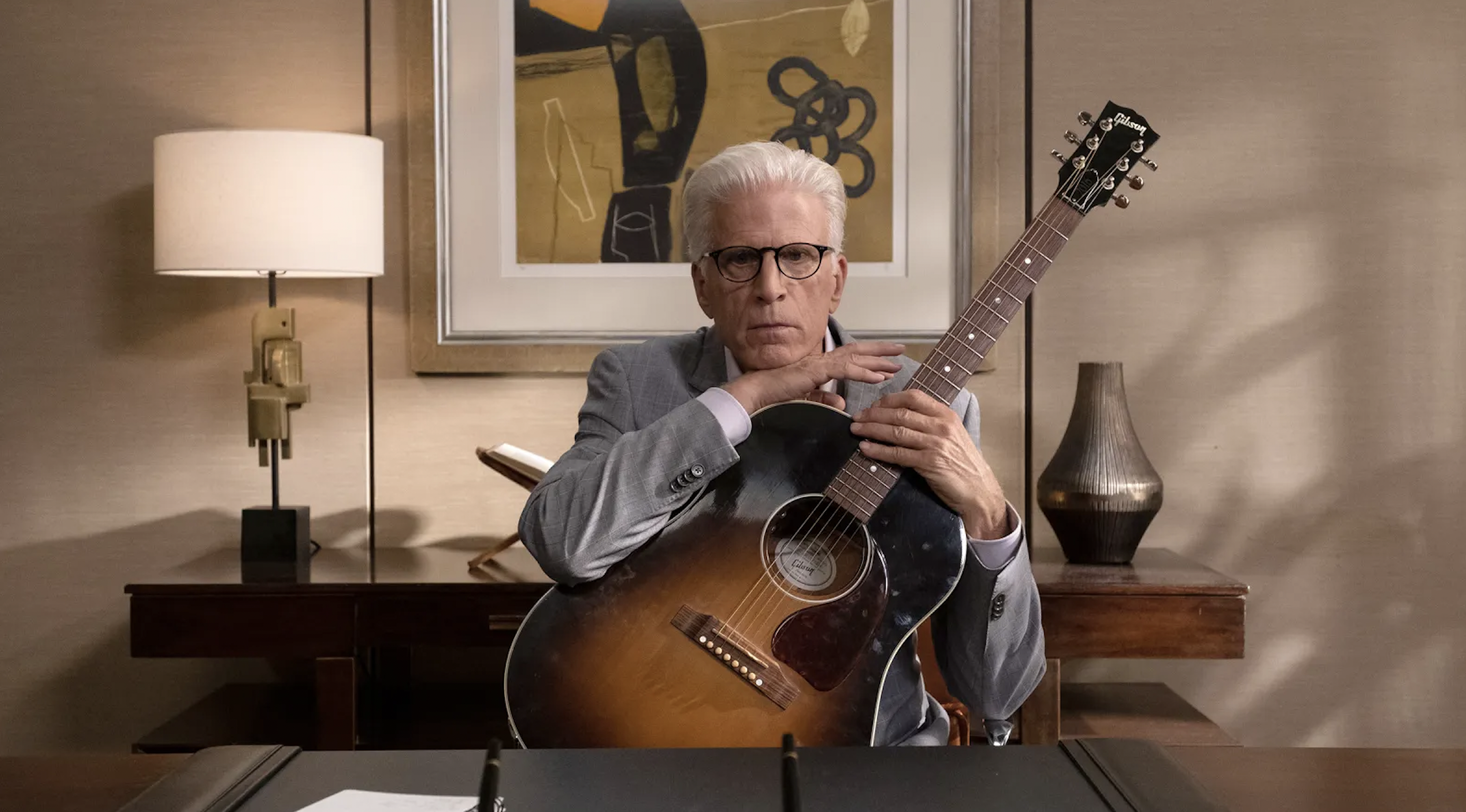As depictions of contemporary moral reflection go, I doubt we'll find anything more accurate or chilling than the finale of The Good Place. To briefly summarize, the episode wraps up a several season run in which the protagonists start out in Hell, though they are led to believe they're in Heaven before earning their way into Heaven, as it were. The final episodes of the series take place in Paradise, showing how the characters adjust to their perfected place.
Login to read more
Sign in or create a free account to access Subscriber-only content.
